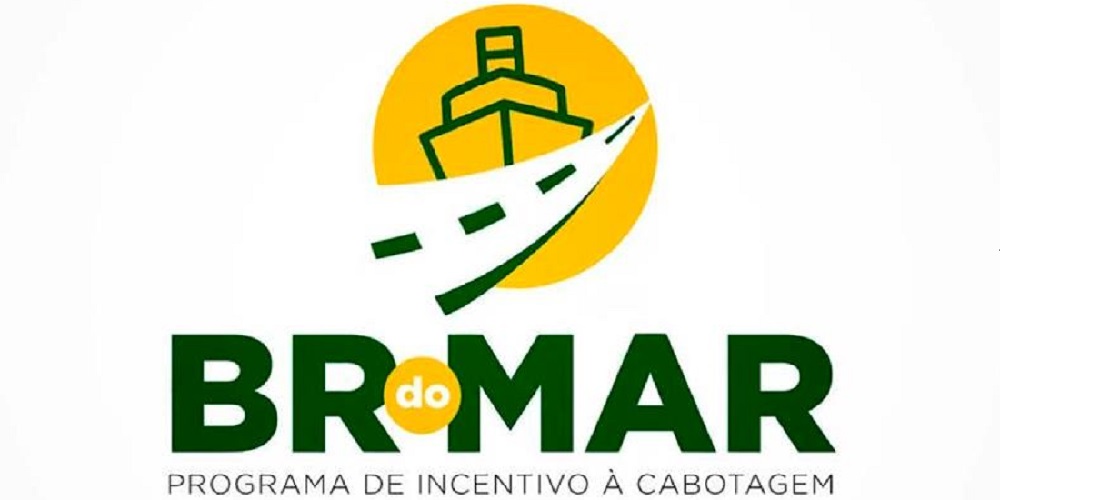
Bolsonaro sanctions ‘BR do Mar’ but vetoes tax benefits
Jan, 10, 2022 Posted by Gabriel MalheirosWeek 202202
The bill that gives incentives to coastal navigation in Brazil, known as the ‘BR do Mar’, has been sanctioned by president Jair Bolsonaro on Friday, January 7th. Notwithstanding, the text had passages partially vetoed, including the restoration of Reporto, a tax regime specifically aimed at modernizing and amplifying port structures.
The law project (PL in Portuguese) 4199/2020 was approved on December 15 and had been waiting for sanction by the president since December 21.
Officially denominated “Cabotage Transport Incentive Program,” BR do Mar was one the most important topics pertaining to the infrastructure agenda in the country whose objective is to diversify the range of Brazilian logistic modals, still highly dependent on road transportation.
Firms can now perform cabotage shipping with chartered vessels from their own overseas subsidiary companies or companies that are subsidiaries of other Brazilian shipping companies, thanks to the recently enacted law. Companies will be able to bring ships in from overseas for up to 36 months while Brazilian naval vehicles are still being developed.
The mediation and qualification of companies for the BR do Mar program will be the responsibility of the Ministry of Infrastructure. The agency expects the project to increase the number of vessels on the Brazilian coast by 40%. This would increase the volume of containers transported per year between the ports of Brazil, making it rise from 1.2 million to around 2 million.
The base text sent by Congress to the Executive branch sets up changes to the application of the Additional Freight rates for the Renewal of the Merchant Marine (AFRMM) and to the Merchant Fleet Fund. The amounts paid by companies in these two contexts can be authorized by the National Bank for Economic and Social Development (BNEDS), which acts as the financial agent in these situations.
Vetoes to BR do Mar
The sections vetoed by President Jair Bolsonaro include the number of seafarers who must work on the vessels. The text approved by Congress established that the crew should be at least ⅔ Brazilian. With the veto, only those working as captains, cabotage masters, chief engineers, and engine drivers will have to be natives.
The rule, according to Bolsonaro, “would result in an increase in vessel expenses, reducing the appeal of the program keeping a higher number of low-cost foreign vessels to operate in the country.”
Another excerpt vetoed by the president has to do with the reduction of the Additional Freight rates for the Renewal of the Merchant Marine (AFRMM). Long-distance navigation rates had been reduced from 25% to 8% in the Congress text, while cabotage had been reduced from 10% to 8%. The rates applied to the transportation of bulk materials and other commodities were also reduced to 8%.
Bolsonaro claimed that “such reduction would go against public interest as it would lead to reduced earnings without providing an estimate of how much it would leave an impact on budget and finances and providing no compensatory measures”.
Source: Congresso em Foco
To read the full original article please visit:
-
Shipping
Dec, 06, 2018
0
ONE launches new Asia-ECSA service
-
Other Logistics
Jan, 27, 2019
0
Brazil to privatize more airports and grain handling railways
-
Other Logistics
Dec, 27, 2018
0
Brazil and Paraguay agree to build two new frontier bridges
-
Ports and Terminals
May, 20, 2019
0
364kg of cocaine is seized at the Port of Santos


